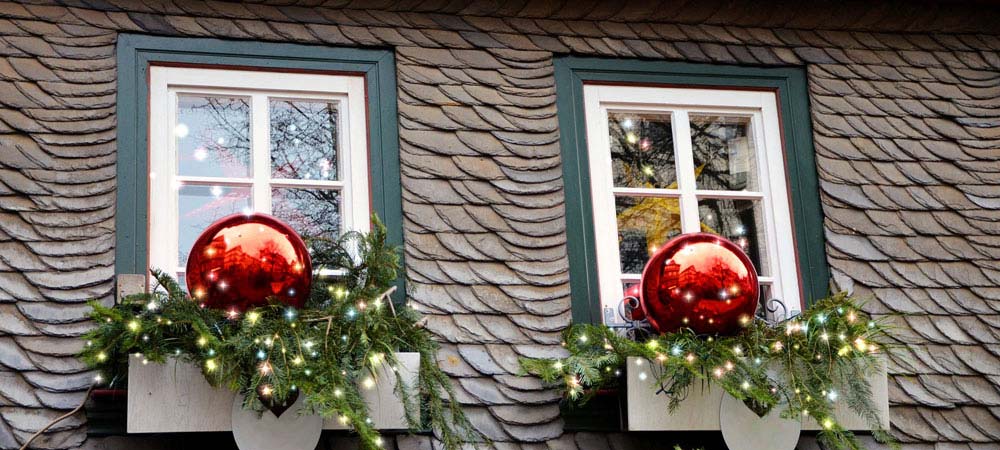How to Be a Happy Holiday House Guest – Even With Allergies

During the holidays, time spent at your own home can seem like a far off memory – you’re bouncing from your in-laws’ cabin to a best friend’s apartment to grandma’s house. It’s all in good fun, to celebrate a wonderful time of year with people you love, but it can expose you to a variety of allergy triggers.
Though traveling and gathering may happen less this year, it’s important to be aware of triggers that could cause allergy symptoms during the holidays.
Holiday fragrance
The warm and cozy smells of the holidays can cause allergy symptoms for those with environmental allergies. Though most fragrances aren’t innately allergenic, they can irritate those who already have inflammation due to allergies. Especially in the winter months, certain scents are a staple in households – pine, nutmeg, cinnamon – and can come in many different forms:
- Candles
- Incense
- Wax warmers
- Room sprays
- Essential oils
Everyday scents can cause irritation, too, including:
- Fabric detergent and softener on sheets, towels, blankets, etc.
- Perfume and cologne
- Highly scented cleaning products
If you’re concerned about fragrance as a holiday allergy trigger, check in with the host before you arrive and ask if they would be willing to avoid using these scents throughout the home. If necessary, bring your own sheets and pillow cases to avoid laundry-related reactions.
Christmas trees
Christmas trees – real or fake – can cause allergy symptoms for some.
Real trees can be covered in mold spores and pollen from being outside, and by bringing them inside, your exposure increases. Artificial trees typically won’t be covered in mold or pollen, but they may have collected dust in the 11 months they’ve been in storage.
This is the same for wreaths, pine swags, and other holiday décor. Though asking a host to avoid decorating may not be possible, you can take an antihistamine before you arrive and avoid direct contact with these decorations.
Furry friends and indoor allergens
If you have pets at home and feel fine, why would pets at someone else’s home make you feel sick? Different pets have different amounts of dander and saliva – the parts of pets that contain allergens. Though you may be comfortable with the amount of allergens your pet produces, a different pet can definitely cause symptoms.
The same goes for typical indoor allergens including dust mites and mold. You may have grown accustomed to the level of these allergens in your home, or maybe you use measures to control them, but someone else’s home may make you feel symptomatic.
Avoiding indoor allergens can be tricky. Close the door to the room you’re staying in to avoid pet spreading dander in your sleeping area, and if needed, pretreat yourself by taking antihistamines before you arrive. If you’re bringing your pet along on your holiday adventure, make sure to consider those you are visiting, and if they have pet allergies.
Is there a long-term solution?
Of course, food allergies during the holiday are another concern. This blog provides tips for those with food allergies attending holiday events.
To reduce suffering and add a layer of safety when exposed to your offending allergens (both environmental and food), consider treating the cause with sublingual immunotherapy, also known as allergy drops. You can find a provider near you offering this disease-modifying treatment to get started.



